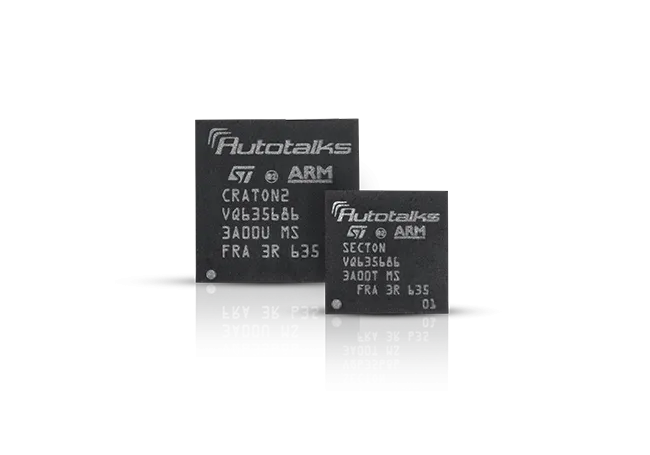
Yaniv Sulkes, Autotalks’ vice president of business development and marketing in North America and Europe, says: “Our solution allows automakers to deploy Autotalks’ secure V2X chipset using either V2X technology, with the option to later change to another technology, thus eliminating risk of wrong technology selection.”
The announcement comes after Autotalks’ V2X chipsets FIPS 140-2 received security level 3 certification from the US National Institute of Standards and Technology. The US Department of Transportation recommends this certification for V2X hardware security module to prevent theft of security credentials, Autotalks says.
The chipset is expected to isolate V2X from the non-safety domains – which, according to Autotalks, optimises the cost of telematic control unit deployments.










